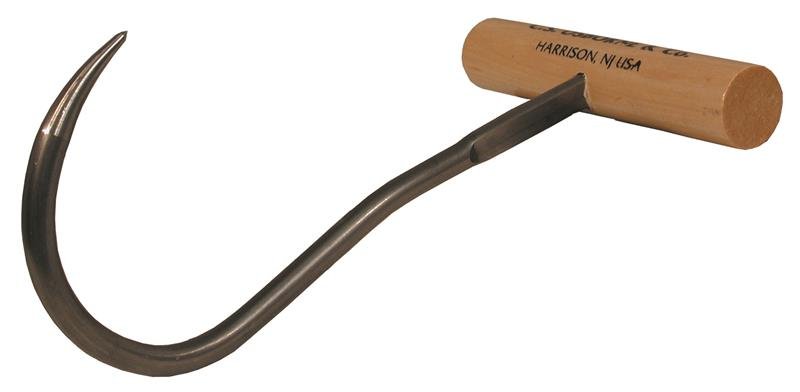Stormy Kromer
Thinks s/he gets paid by the post
- Joined
- Oct 1, 2017
- Messages
- 1,157
I did.
Looking back it was a great time in the 60's and 70's, kind of like a year around camping trip. Then the 1980's hit and we went from almost poor to almost broke,
We loved our neighbors and never missed church.
Now, the ones of us who survived are financially sound, and we can't figure out how it happened exept for we didn't give up.
We're all still tighter than bark on a tree. Thats how we grew up, but we're getting generous to charities such as our local churches and grandchildren's education and anyone in need in our community. I know an old gentleman who gave thousands of dollars to a family who lost their house in a fire. He didn't have a washer & dryer himself. Not that he couldn't afford it, he didn't think he needed one.
I still pick up change on the sidewalk, I can't help it.
Living off the land isn't something I can explain, I'm just glad I got in on it. Its' changing fast. You can't fight it, just appreciate it.
Looking back it was a great time in the 60's and 70's, kind of like a year around camping trip. Then the 1980's hit and we went from almost poor to almost broke,
We loved our neighbors and never missed church.
Now, the ones of us who survived are financially sound, and we can't figure out how it happened exept for we didn't give up.
We're all still tighter than bark on a tree. Thats how we grew up, but we're getting generous to charities such as our local churches and grandchildren's education and anyone in need in our community. I know an old gentleman who gave thousands of dollars to a family who lost their house in a fire. He didn't have a washer & dryer himself. Not that he couldn't afford it, he didn't think he needed one.
I still pick up change on the sidewalk, I can't help it.
Living off the land isn't something I can explain, I'm just glad I got in on it. Its' changing fast. You can't fight it, just appreciate it.

